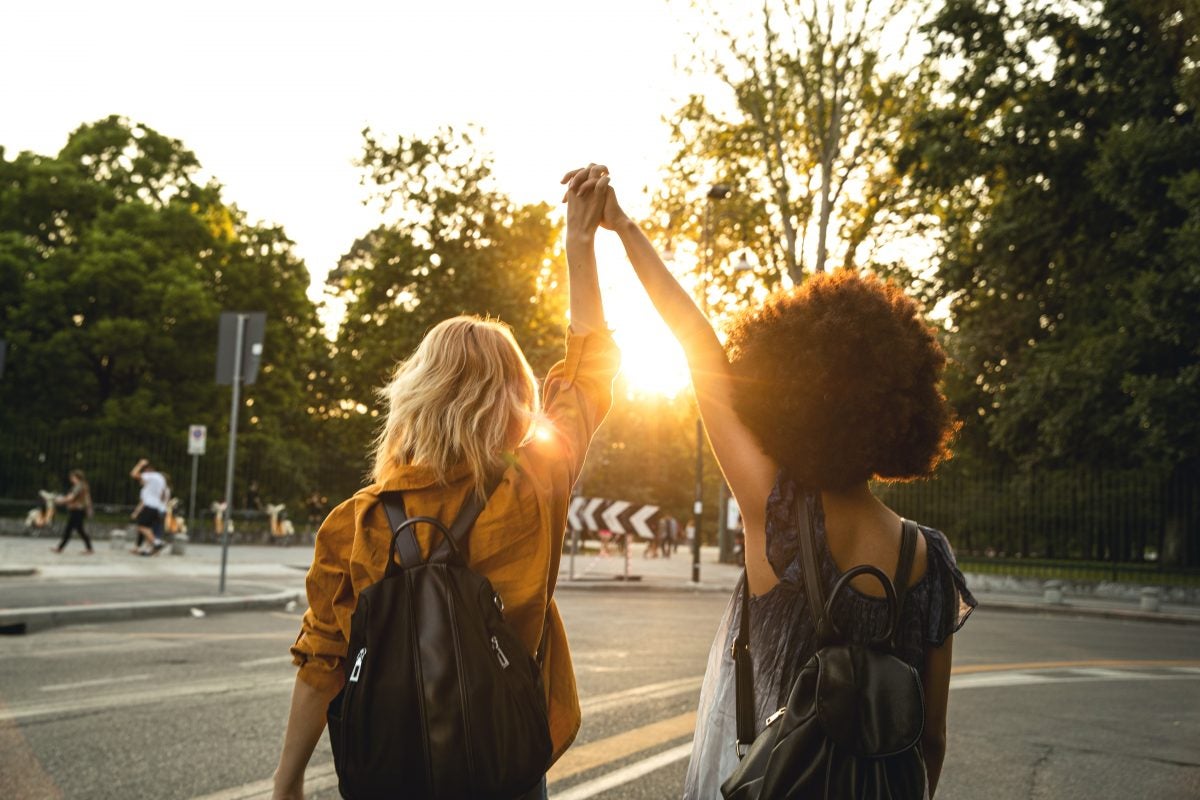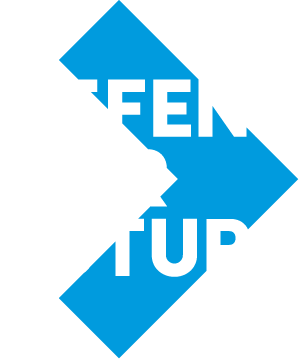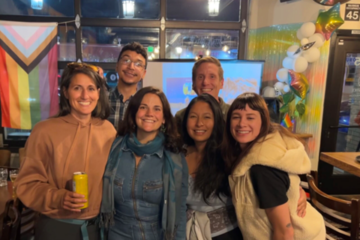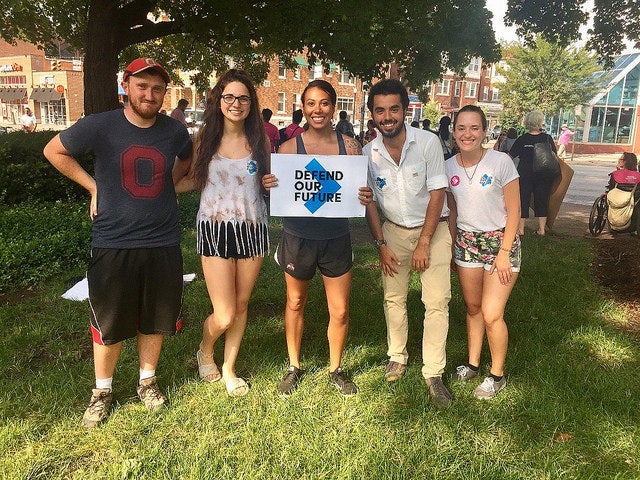
Happy Black History Month! Now, I know the first person you want to hear from about this month is a white woman, right? WRONG. OBVIOUSLY. But, alas, here I am to talk to my fellow white people about how we can… well, suck a little less.
So buckle up for some hot tips on how you, as a white person, can celebrate, uplift, and be an ally this month (and also all the time). These are just a place to start. As you learn and unlearn, be kind to yourself — we’re all striving to be better each day than we were the last.
Step back and pass the mic:
The mainstream environmental movement has historically excluded the voices of Black people — who are still today disproportionately impacted by environmental issues across income levels. Yet these are the same people that have been fighting for environmental protection for decades. It’s not a pretty story, but it’s one we must acknowledge.
Our generation is turning the tables on our movement’s past. Young Black activists are leading the charge to protect our communities and our future. As white people, it’s long past time for us to pass the mic, step back, and stand behind these fierce leaders.
Remember that “diversity” isn’t enough:
When we think of our institutions, organizations, and movements, we shouldn’t just ask ourselves: “who is in the room?” We need to ask ourselves: “who are we asking to lead?”
It’s not just about who is standing next to you at the rally. It’s about who is standing before you giving the speech, who is holding the banner at the front of the march, whose stories are front and center, and who is getting paid to do this work.
We must look beyond a diversity check-mark and evaluate how we’re achieving inclusion and equity as well. And if the groups we are a part of are missing the mark, we have the responsibility to speak up and demand change.
Look beyond the climate:
The climate crisis does not exist in a vacuum — it impacts every area of life on this planet. Extreme heat exacerbates violent behavior. As parts of the planet become uninhabitable, people are forced to flee their ancestral homes — and then their children are taken from them and put in cages. Queer youth are more likely to experience homelessness, exposed to extreme weather caused by climate change, without the resources they need to survive. Women are disproportionately harmed by climate emergencies as they are more likely to take on caretaker roles in their communities and families.
The list goes on. But at the core, we must remember that when we talk about the climate crisis, we’re talking about ALL of its impacts. And that those impacts are disproportionately felt by communities of color. If climate solutions aren’t centered in justice, we’re just propping up a system that hurts everyone.
Keep everyone in the picture:
After the 2020 World Economic Forum in Davos, Ugandan climate activist Vanessa Nakate was cut out of a photo featuring other young (white) climate activists from across the world, including Greta Thunberg. Greta is absolutely amazing — but she is not alone. Young people from Black communities and communities of color are leading the fight for climate justice. (Here are just a few of them for you to start following!)
When you read news stories or see photos on social media, make sure you’re zooming out to see the full picture, not taking part in erasure.
Learn, unlearn, and share the lessons:
We’ve left the burden of education on Black people and people of color for far too long. It’s not their job to teach us about racism/the Black experience/their trauma. It’s our turn now. So let’s learn by consuming content from the right sources, unlearn by identifying, reckoning with, and shedding our biases (we all have them), and then share it all through conversations with our loved ones.
Literally hundreds of resources already exist for us to educate ourselves (here are 10 books to get you going). Listen to podcasts, read more books, watch shows, and consume content made by Black creators. Find anti-oppression and decolonization trainings in your community — and if they’re led by people of color, make sure they are being paid for their labor.
As you continue to learn (and unlearn), start those uncomfortable conversations with your friends and family so they can learn with you. (You can also share this blog with them!)
Talk to your people (then talk to them again):
This is maybe the hardest part. It’s not enough to change our own behavior, we must confront problematic behavior in our personal lives, too. That means even behind closed doors, when you’re hanging out with your friends, if someone says something you know is wrong, speak up.
It can often feel like a lose-lose situation: speak up and you ruin the fun chill night you were having, say nothing and you’re complicit in oppressive behavior. But as white people, it’s easier for us to confront our white friends, to say “hey, don’t make that joke again” or challenge with a question like “tell me why you feel that way.” It will be uncomfortable. Then the next time it will be a little less uncomfortable. So keep talking.
Say it with your dollars:
In our society, money goes a long way. Find Black-owned businesses and visit them in their communities to shop. Promote their pages and give them positive reviews. Donate to Black-run organizations. You can do those things right now, today and they’ll have a real impact. In the meantime, keep learning, thinking, and talking about what we owe to each other.
Whiteness isn’t something that we can control. But it’s something we must acknowledge as a privilege we hold as we move through the world. It’s our responsibility to learn from it and strive to do better.
To win the change we need to protect our future, it’s going to take EVERYONE. So this Black History Month, remember the words of civil rights activist Fannie Lou Hamer: “the changes we have to have in this country are going to be for liberation of all people — because nobody’s free until everybody’s free.”




